Microsoft’s Satya Nadella Talks Citrix Partnership Amid Global Pandemic
Citrix CEO David Henshall interviewed his counterpart at Microsoft this week for the Citrix Workspace Summit.
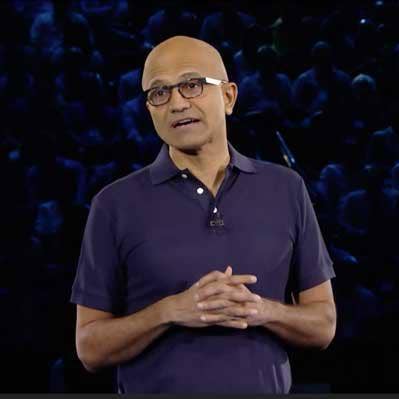
Citrix And Microsoft
Citrix and Microsoft have one of the longest-running technical alliances in the IT industry.
Now the Fort Lauderdale, Fla.-headquartered virtualization giant, at the forefront of the remote work transformation brought on by the coronavirus crisis, is further ramping collaboration with the world’s largest software company and second-largest public cloud provider.
At this week’s Citrix Workspace Summit, Citrix CEO David Henshall spoke virtually with Microsoft CEO Satya Nadella about the 30-year relationship, IT becoming critical infrastructure, and how the current pandemic has changed how customers run their operations and manage resources, from talent to offices to technology.
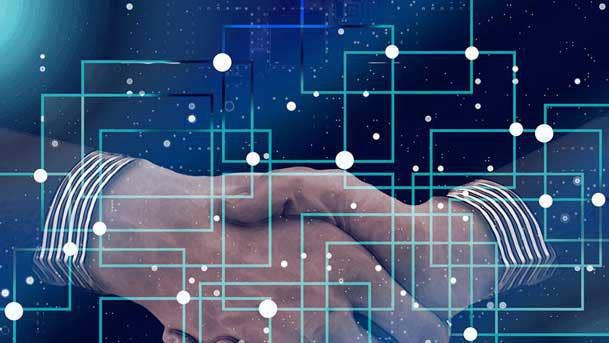
Long-Term Alliance
Few partnerships have survived and thrived in the tech industry as long as the one between Microsoft and Citrix. That 30-year alliance expanded earlier this year with a new, multi-year cloud agreement.
Nadella said the stability of the partnership over so many years provides a case study many will learn from on successful collaboration.
The trick to maintaining long-term cooperation is for both organizations to serve customers well together, Nadella said.
Trust and success are the “foundation of anything that’s long-term stable,” he said.
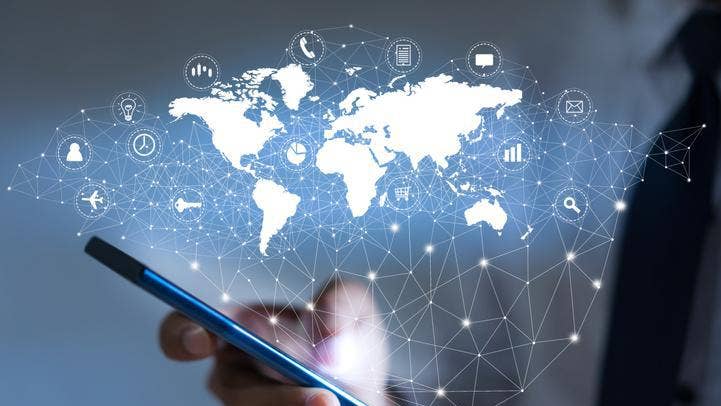
Critical Digital Infrastructure
“Digital infrastructure, the work you do, we do, has now become critical infrastructure,” Nadella told Henshall.
Where joint Microsoft-Citrix cloud solutions were seen pre-pandemic as essential to driving digital transformations, they now are critical to maintaining the continuity of all business operations.
In the era of COVID-19, and whatever future crises will come, “every board conversation today has to start with how resilient are we,” Nadella said.
The “tools we build and you build will bring the flexibility and resilience to all business processes,” he told Henshall.
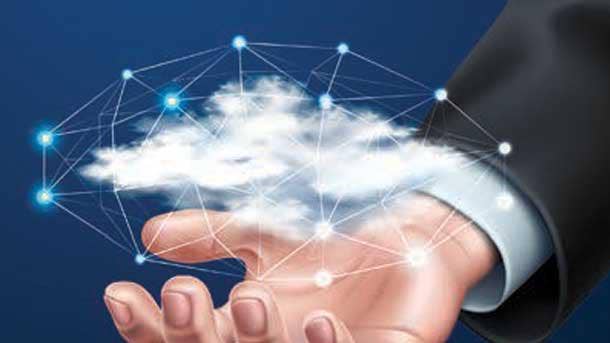
Hybrid Work
Considering the current crisis, Nadella said he would “shudder to think what productivity in the world would be if not for our digital infrastructure being there.”
The pandemic has emphasized the importance of security and operational agility to maintaining worker productivity.
As the world changes, and businesses change with it, “hybrid work” is clearly the future—companies will likely field both onsite and remote employees going forward in a way they never have before.
“Worst thing organizations can do is be dogmatic in how they work,” Henshall said.
And Nadella added that the last thing customers should do is “replace one dogma with another dogma.”
Flexibility and resilience is what’s needed to keep a workforce humming, whether it’s based in the office, at home, or a combination of both.
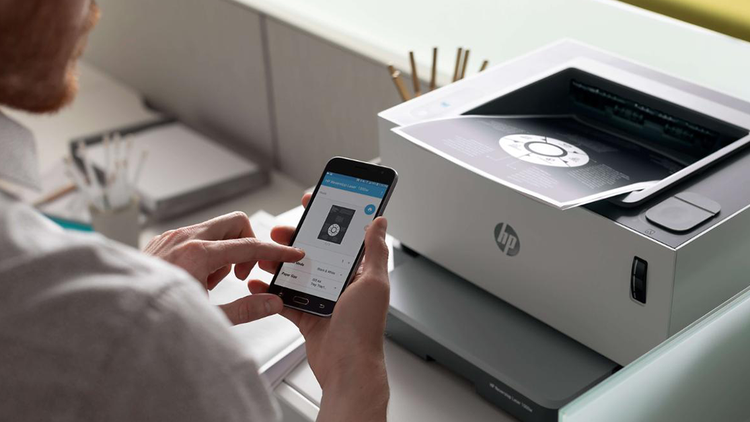
Interesting Workflows
Everyone’s learning on-the-fly how to cope with the pandemic and run their operations within the current social distancing guidelines.
“We’re running this most at-scale experiment with all these constraints, so we’re collecting a lot of data,” Nadella said.
Microsoft’s CEO noted that helping many employees maintain on-site work safely makes it possible to have the “luxury of people working from home.”
Through platforms like Microsoft Teams, remote desktops and even its HoloLens augmented reality device, “we’re seeing lots of interesting workflows,” he said. “We’re seeing an explosion of upscaling and rescaling as needed.”
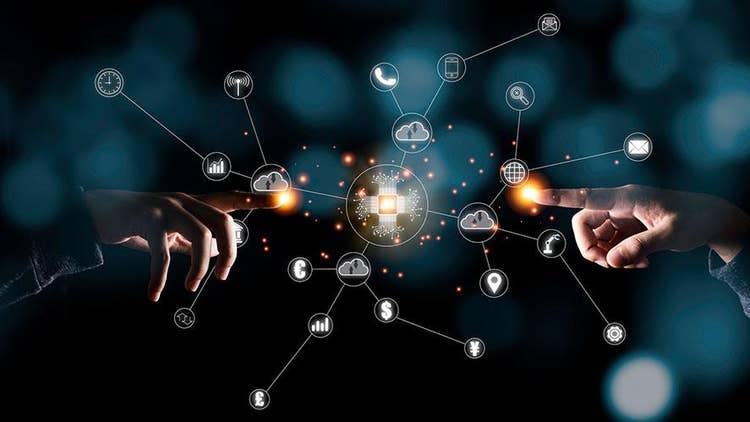
Industry Transformation
Many industries have transformed to meet the demands of the crisis—and will likely never be the same.
Health care is a great example, Nadella said.
People have been talking about telemedicine for many decades, but now remote medical care is finally a widespread reality.
“I think after COVID, we’re going to start with an app that has AI triage, then telemedicine consult, then go have an outpatient visit.”
Retail has also transformed in a way that will likely be permanent.
“Curbside pickup isn’t going to go away after COVID-19,” Nadella said.
The concept of digital twins, in which physical assets will be replicated digitally to allow remote interactions, is also getting a shot in the arm, as more manufacturers are “going complete lights out,” Nadella told Henshall.